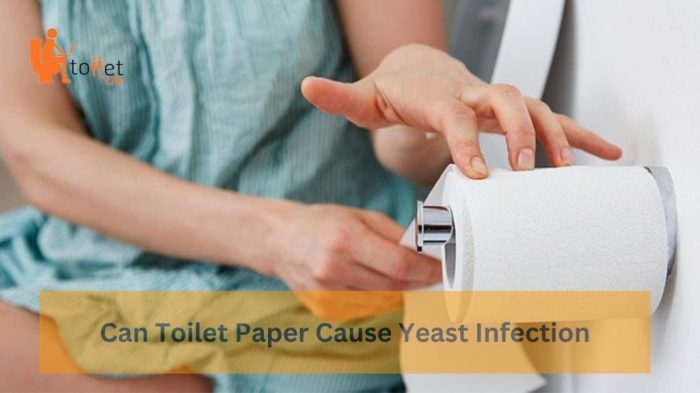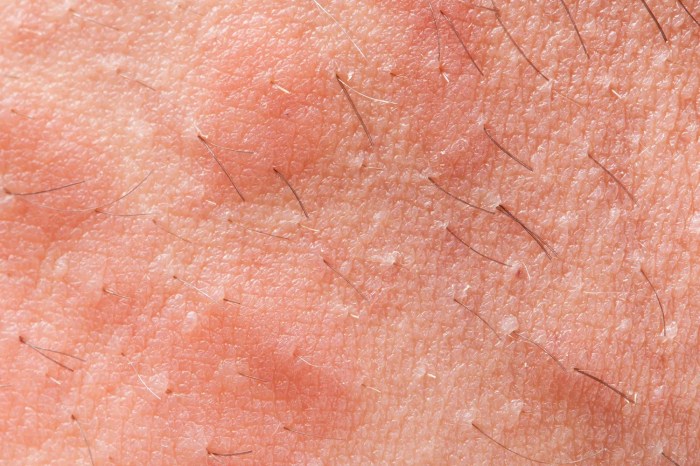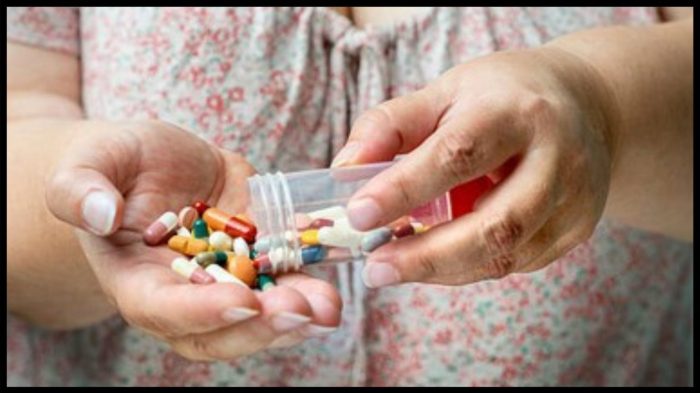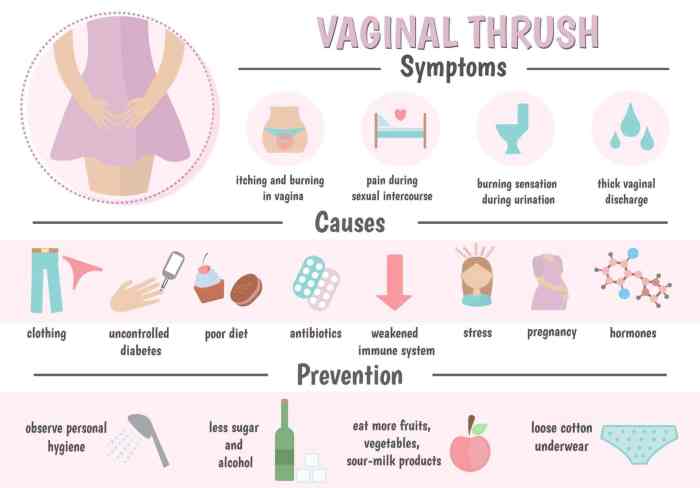As the topic of “can antivirals cause yeast infection” takes center stage, this opening passage beckons readers into a world crafted with academic precision and authoritative tone, ensuring a reading experience that is both absorbing and distinctly original.
Antivirals, medications designed to combat viral infections, have emerged as a potential trigger for yeast infections, raising concerns among healthcare professionals and patients alike. This article delves into the intricate relationship between these two entities, exploring the underlying mechanisms, risk factors, and implications for treatment and prevention.
Definition and Overview: Can Antivirals Cause Yeast Infection

Antivirals are a class of medications used to treat viral infections. They work by interfering with the replication of viruses, preventing them from multiplying and spreading. Yeast infections, on the other hand, are fungal infections caused by the overgrowth of Candidaspecies, particularly Candida albicans. Common symptoms include itching, burning, and discharge in the affected area.
Relationship between Antivirals and Yeast Infections

Antiviral medications have been linked to an increased risk of developing yeast infections. This is because some antivirals can disrupt the balance of microorganisms in the body, allowing Candidato overgrow. Antivirals that target herpesviruses, such as acyclovir and valacyclovir, are particularly associated with this side effect.
Types of Antivirals and Risk Factors, Can antivirals cause yeast infection
The risk of developing a yeast infection while taking antivirals varies depending on the type of antiviral and individual factors. Broad-spectrum antivirals, which target a wide range of viruses, are more likely to cause yeast infections than narrow-spectrum antivirals. Additionally, factors such as high dosage, prolonged treatment duration, and underlying health conditions can increase the risk.
Symptoms and Diagnosis
Symptoms of a yeast infection include itching, burning, and discharge in the affected area. In women, yeast infections commonly occur in the vagina (vaginal candidiasis) and can cause vaginal itching, burning, and thick, white discharge. In men, yeast infections can affect the penis (balanitis) and cause redness, itching, and a burning sensation during urination.
Diagnosis of a yeast infection involves a physical examination and laboratory tests. The doctor may examine the affected area and take a sample of discharge for microscopic examination and culture to confirm the presence of Candida.
Treatment and Prevention
Treatment for yeast infections typically involves antifungal medications, such as fluconazole or clotrimazole. These medications can be taken orally or applied topically as creams or ointments. Lifestyle modifications, such as maintaining good hygiene, wearing loose-fitting clothing, and avoiding sugary foods, can also help prevent yeast infections.
To prevent yeast infections while taking antivirals, it is important to follow the doctor’s instructions carefully, take the medication as prescribed, and maintain good hygiene. If symptoms of a yeast infection develop, it is crucial to consult a doctor promptly for diagnosis and treatment.
Question & Answer Hub
Can all antivirals cause yeast infections?
No, not all antivirals have the potential to cause yeast infections. Certain classes of antivirals, such as acyclovir and valacyclovir, have been associated with an increased risk, while others, like oseltamivir and zanamivir, pose a lower risk.
What are the symptoms of a yeast infection caused by antivirals?
Symptoms of a yeast infection caused by antivirals are similar to those of other yeast infections and may include vaginal itching, burning, and discharge, as well as skin rashes and oral thrush.
How can I prevent yeast infections while taking antivirals?
To prevent yeast infections while taking antivirals, it is recommended to maintain good hygiene, wear loose-fitting clothing, and avoid sugary foods and drinks. Additionally, probiotics and yogurt may help to balance the vaginal microbiome and reduce the risk of infection.

